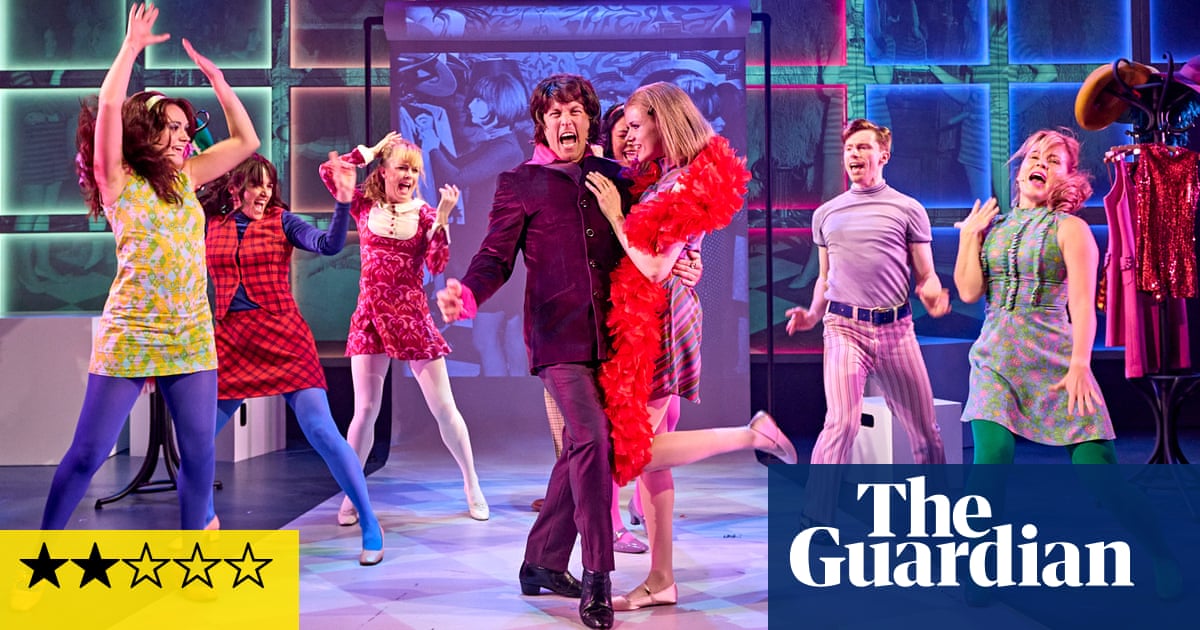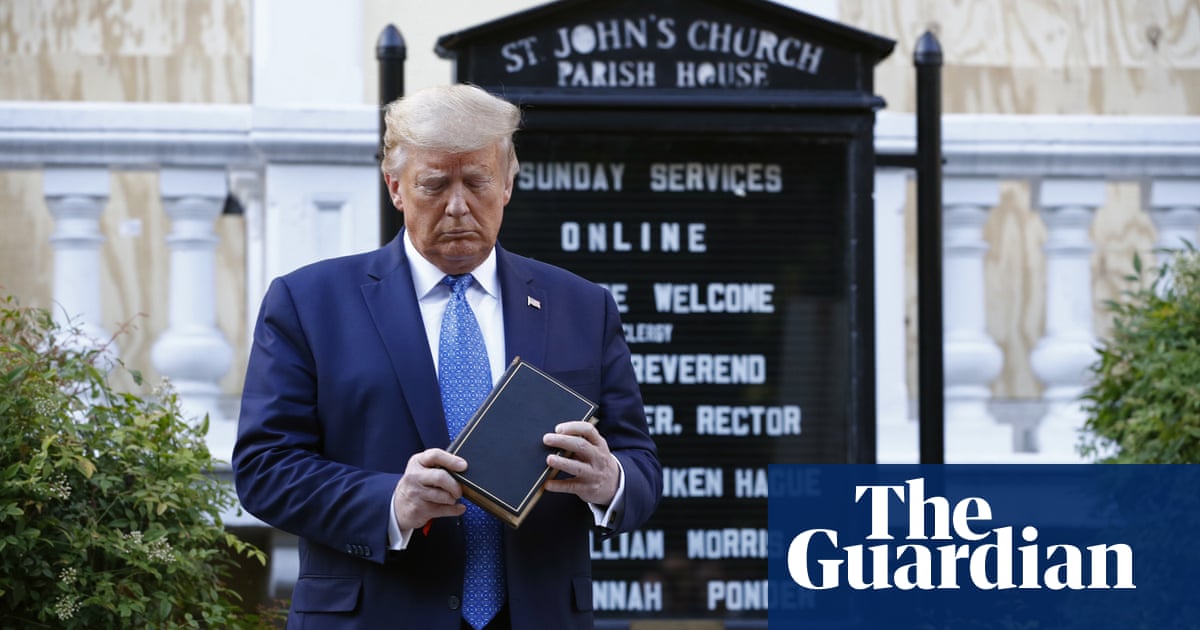
“YEAHYEAHYEAHYEAHYEAH!” barks Nick Cave, crouched face to face with the first few rows of an audience who are having, at a conservative estimate, the time of their lives. Four-and-a-half decades into an already serpentine career, the Australian singer-songwriter’s recent history has thrown up a great many surprise developments, not least a radical rapprochement between this often forbidding artist and the rest of humanity.
On his Red Hand Files – a kind of open-source life coaching website – Cave now makes himself publicly available, answering existential dilemmas and basic factchecks with candour and no little humour. Since the death of his teenage son Arthur in 2015 and the outpouring of fellow feeling it provoked, Cave’s worldview has undergone a tectonic shift. Previously, his output most often saw mankind – and it was most often mankind – as bad to the bone.
There are numerous flashbacks tonight to those fire-and-brimstone hits, many of which have fresh resonances. The pummelling Tupelo might tell of a storm that presages the birth of Elvis Presley, but its analogy of streets turned into rivers chimes awfully with unnatural disasters in Spain, the south-eastern US and Nepal, to name but three. “The beast it cometh, cometh down,” warns the track. “This song tonight” – the eve of the American election result – “is dedicated to the USA,” notes Cave. The malevolent first half of White Elephant, from 2021, remains on a par with the darker ends of the catalogue.
Recently, though, the singer has shifted towards a new and profound simpatico with the universality of suffering. He may remain one of our greatest rock stars, but Cave now doubles as guru, confessor, exorcist – and twice-bereaved everyman as well (another son, Jethro Lazenby, died in 2022). With these new hats have come bigger, multigenerational audiences – this is an arena tour – who may not have been on board with the carnality and violence of Cave’s core canon but can relate to latterday works informed by loss and a yearning for the ineffable. His higher profile has also drawn the ire of the Palestinian solidarity movement, which has highlighted Cave’s stance on cultural boycotts of Israel.
Contorting into raptures on guitar, electronics and fiddle, Bad Seed MVP Warren Ellis almost upstages his dark lord
Always a physical frontman, Cave has a long history of sweating on fans. But “my hand, searching for your hand, searching for my hand” could be his new, more tender motto (the words come from Final Rescue Attempt). Cave spends the lion’s share of his set’s two-hour-plus runtime pacing a narrow catwalk, clasping fingers, being held aloft and singing close into upturned faces, often handing his microphone to strangers to leap about or teach handclap patterns.
As the night progresses, he becomes even more transported, lifting phrases such as “you’re beautiful!” and “stop!” from Conversion, a track on his recent Wild God LP, and adding them to his yammered “yeah, yeah, yeahs”. It all makes for a savage, recurrent blessing. Those at the back get a kind of contact high from the speaking in tongues and laying on of hands being bounced on to the big screens.
In a widescreen, generous show designed to privilege heft and awe – lush gospel backing vocals, percussionist Jim Sclavunos on glockenspiel and tubular bells as well as walloping drummer Larry Mullins – it is, ironically, often the little details and detours that chime most resonantly. The Bad Seeds are no longer just a boys’ club, with keys player Carly Paradis in the touring lineup since 2022, the first woman allowed in since the late Anita Lane.
Contorting into raptures on guitar, electronics and fiddle, Bad Seed MVP Warren Ellis almost upstages his dark lord, flying grey hair and wild beard joined by the wayward strands of a fraying violin bow. Cave calls him “a troubled, beautiful, broken, deeply flawed genius”, adding “ancient…” with a wry smile. Near the end, The Weeping Song is transformed into a kind of rave-folk by Ellis’s mantric outpourings.
In recent interviews, Cave has talked about his relationship with Christian belief. In a body of work full of references to western theology, there are cameos from philosophical traditions from further east. Song of the Lake finds succour in non-attachment. “For there is either a remedy or there is none, and if there be none, never mind, never mind,” he croons.
This is a tour that leans hard on the kind of uplift that invokes forces greater than ourselves; myths, symbols and Blakean visions of gods and spirits. The most affecting of these tonight might be Joy, a key Wild God track that finds Cave encouraging us to lift our gaze from a fractious world and look “beyond above” at the stars – “bright, triumphant metaphors of love”, he calls them. Charismatic figures make for dangerous politics. But this magnetic proselytiser is keen to foreground fellow feeling and wonder as strategies in turbulent times.












